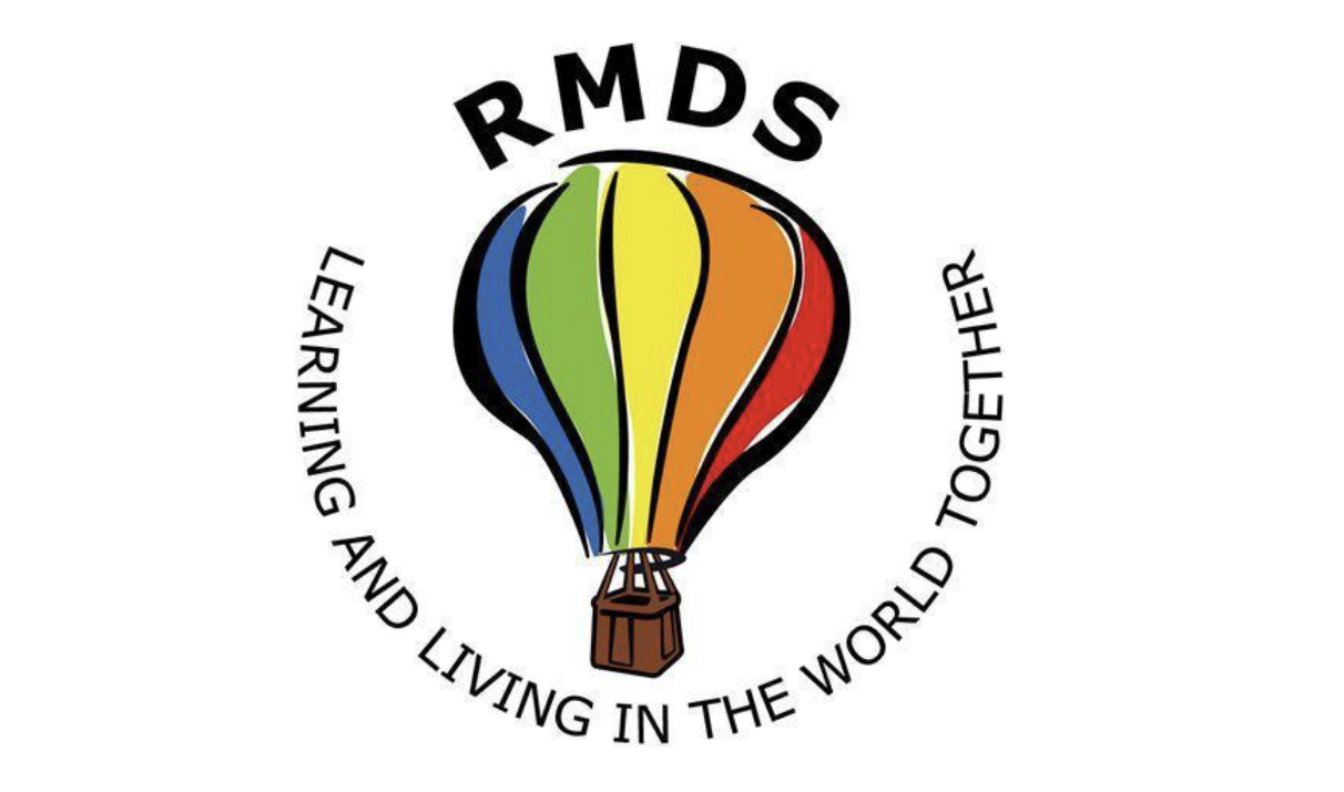
Effectively implementing
educational tools in classes


AdAPPtive aims to help struggling readers in primary schools through an increased use of IT tools. Its objective is the effective and sustained adoption of at least one digital reading app in 16 schools (IRL, B, CZ, NL) by the end of the project. 4 Communities of Practice (COPs) peopled by Primary School teachers, are supported by universities (DCU and KU Leuven), Dyslexia centres (DYS Centre and RID) and 1 app Developer (HAPPS) throughout the project. The success of the COP approach will be tested by measuring progress made by teachers and learners alike.

Teachers everywhere face major time and resource challenges. Their schedules are always full. Despite this, all the schools involved stayed committed to the project. The fact that all schools in the project managed to continue to participate in the project over the lifetime of the project speaks to the determination of the teachers to support their students and also to the support of the school principals/directors for the Erasmus+ AdAPPtive project, but also confirms the success of the CoP methodology.

Primary schools spend a lot of time helping kids to learn to read and to enjoy it, including reading on digital devices. But even with all the new tech out there, schools don’t often use reading apps to help kids who struggle. The AdAPPTive team wanted to change that by encouraging teachers to consistently work with a chosen app (3 yrs) and in doing so, to find out what challenges they faced. The goal we achieved was that their Communities of Practice identified successful practice, discussed the hurdles and shared solutions which led to guidelines for all teachers wishing to use digital reading apps in the classroom.

AdAPPtive used Communities of Practice (CoPs) (Wenger, 1998) to help solve real-world challenges in education. CoPs have been seen as useful for making education more inclusive (Ainscow, 2005), but there hasn’t been much research on how they can help teachers try out new inclusive ideas—like using digital reading apps to support struggling readers. There’s also been little research on how CoPs affect student progress. To explore this, we looked at reading performance before and after the project, and also gathered feedback on students’ motivation to read.

The AdAPPtive project led to real progress for students, teachers, developers, and researchers—boosting reading outcomes, teaching skills, and collaboration between schools across Europe. Find the full summary by target group to see how each part of the project made a difference.
View project results
We are a consortium of 5 partners from 4 European countries coming together by a common vision to find the best way to implement digital tools in the current educational landscape.
Learn more
A Community of Practice refers to a group of people who share a concern or a passion for a topic, a craft, and/or a profession (Wenger 1998, 2006). Its individuals deepen their knowledge and expertise through regular interaction with each other (Wenger 2006; Wenger et al. 2002).AdAPPtive chose the approach of Communities of Practice for upskilling teachers as it would allow them to learn about Digital Reading Apps (DRAs) in an informal, informative and non-judgemental environment. The CoP’s gave them the knowledge and competence to use digital tools with their students in order to improve their reading fluency.
Learn more

The 7th Irish Community of Practice took place on 24th January 2025. It was great to be able to meet up again in person at Ranalagh Educate Together National School.
Read more
The 6th Irish Community of Practice took place on 24th October 2024. The CoP members met just before the October Halloween Mid-term break and it was decided to have the meeting on Zoom as it was more convenient.
Read more
The fifth Irish Community of Practice took place on 6th June 2024. This was before the first international CoP and the participants were keen to have things prepared in advance of the international CoP.
Read more